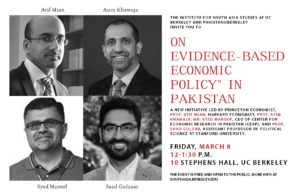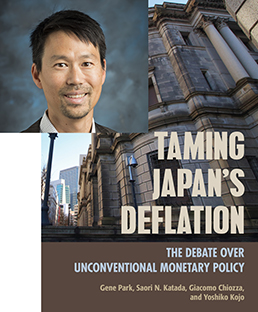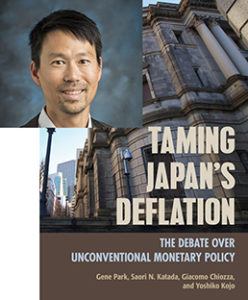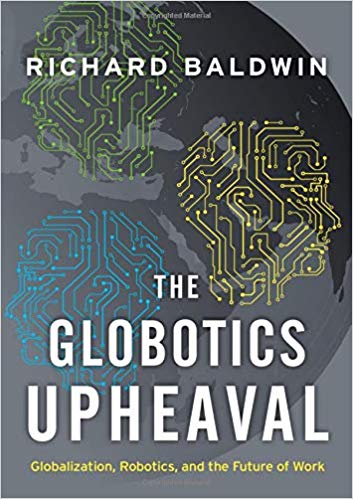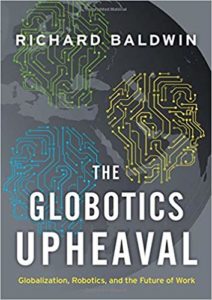This conference will focus on three major themes in the global economy: the global backlash against the liberal trade order, national industrial strategies in key states, and the effect of technological change on the global economic order. Over two days, participants will examine empirical trends within these three areas and their likely impacts on global trade. The conference will close with a forum of participants from leading multinational corporations on business-government relations in this new global context. The participants in the conference will include prominent academics and members of the business community both from the United States and abroad.
The first day of the conference will focus on globalization, anti-globalization movements, and the strategies of multinational corporations in this volatile and changing global economy. With the rise of protectionism and nationalist movements in the United States, Britain, and many other developing countries, there has been increasing doubts about the durability of the liberal trading order that has prevailed since the end of World War II, as well as about its success at ensuring free trade and economic gains for all. Paralleling this movement has been a democratic recession, whereby authoritarianism is once again rearing its ugly head. The rising power, in military, political, and economic terms, of China raises important questions about China’s attitudes and intentions towards the current Western-dominated global political and economic system. Participants will analyze the important drivers in the global backlash against the liberal world order and the democratic recession and discuss what impact this may have on multinational corporations and the larger global order.
The second day of the conference will focus on data competition, industrial policy, and business-government relations. Technological change and the rise of Big Data presents a new challenge to countries on how to order and regulate technology and data transfer both within and between countries. Participants will analyze trends in data competition and national technology and industrial strategies and discussing the impacts on multinational corporations and business-government relations.





